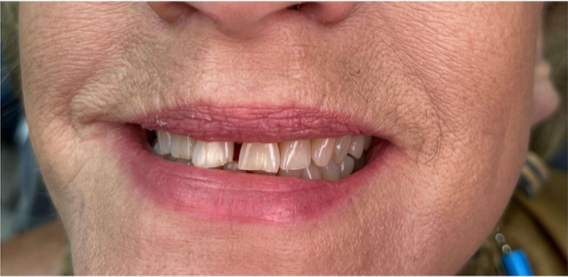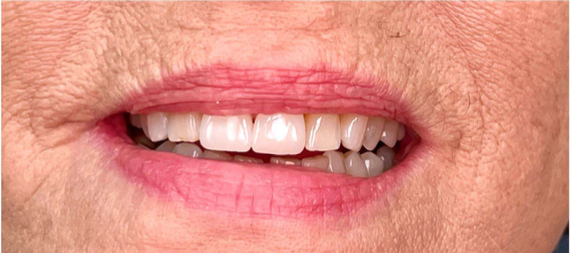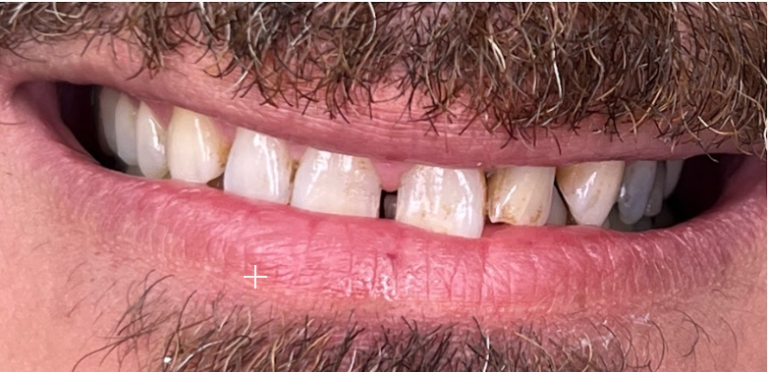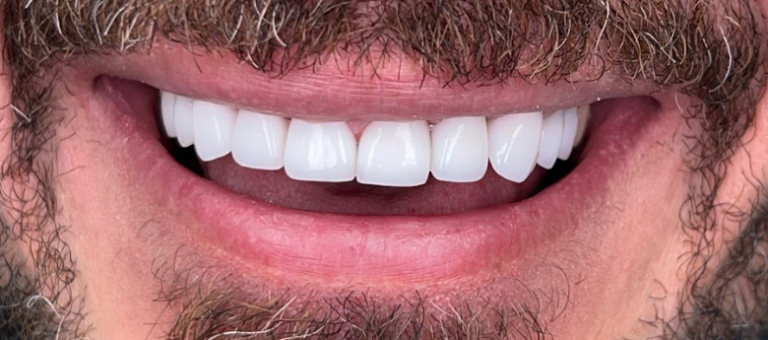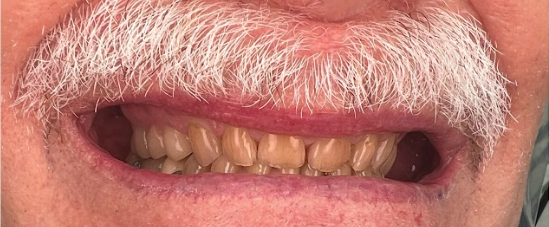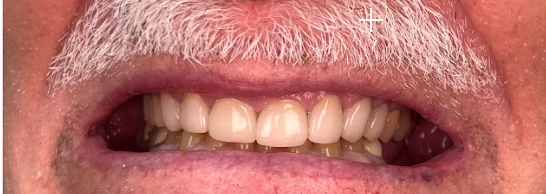Wisdom Teeth Removal
Get Relief With Wisdom Tooth Removal in Dunedin
Nerves are normal before a wisdom teeth extraction. You can be assured that this is among the most common oral surgery procedures, and that you have an experienced, caring team to guide you through the process from beginning to end. We’re here to answer any questions and make sure you’re confident and informed before the wisdom teeth surgery begins.
Do I Need My Wisdom Teeth Removed?
Wisdom teeth don’t always cause problems and don’t always need to be removed. Your dentist will examine x-rays of your teeth during routine checkups to see if there are any concerns with the growth of these back molars. They will notice if your wisdom teeth are growing crooked or even sideways. When they aren’t able to fully or even partially emerge, these impacted teeth can cause severe problems. They’re more susceptible to infection, more difficult to clean, and can crowd or damage nearby teeth.
Here are a few other symptoms to look out for that could mean removal is necessary:
- Wisdom tooth pain
- Extensive tooth decay
- Gum disease around the back molars
- Infection of the tissue behind the wisdom teeth
- Damage or crowding to nearby teeth
If you’re experiencing these symptoms, it’s best to contact your dentist for an examination to determine the right path forward.
Wisdom Tooth Removal Expectations
Anesthesia is first administered to ensure no pain is felt. The level of anesthesia may vary depending on the needs of the patient, from local numbing to sedation dentistry use. After anesthesia, a minor incision may be made near the gumline to access the wisdom tooth. A small amount of bone may also need to be removed depending on each individual situation. The doctor then uses special tools to then loosen and lift the tooth out. The tooth may be divided and removed in sections. Once the site has been thoroughly cleaned, dissolvable stitches are applied to promote healing and gauze is placed to control any bleeding. All four wisdom teeth are typically removed between 60 to 90 minutes, and you’ll be able to return home the same day.
Wisdom Teeth Removal Aftercare
A bit of soreness and swelling are expected for a couple days after surgery. After that subsides, it could be a couple of weeks before the sockets have fully recovered. Here’s what we recommend for a comfortable healing process:
- Take medication as prescribed to ease pain.
- Use a cold compress to lessen swelling.
- Eat soft foods, like soups, pasta, smoothies, and yogurt.
- Elevate your head while you sleep with an extra pillow
- Avoid strenuous activity for a couple of days
- Avoid brushing against blood clots.
- Avoid vigorously rinsing your mouth or forcefully spitting.
- Avoid drinking through a straw, smoking, and drinking alcohol.
Oral Surgery in Dunedin
Surgery can be daunting. Our team is trained to deliver expert dental oral surgery and provide the most comfortable experience possible. Since we offer oral surgery in-house, you’ll be taken care of by your primary dental provider for comprehensive care without secondhand communication. We’re committed to providing care you can trust with state-of-the-art technology and techniques. With proper care, there’s nothing to be worried about and you’ll be thankful for the long-term benefits.
Comprehensive Oral Care and Surgery at Bayshore Family Dental in Dunedin
We’re available to answer any questions and only provide the care you need. To improve your oral health, contact us today to schedule your next dental appointment.
